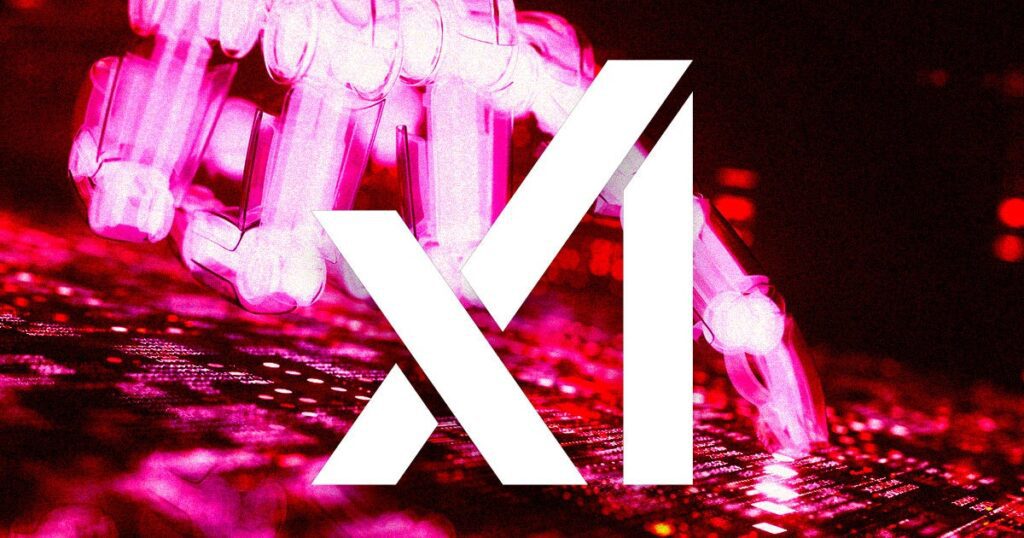Researchers from Adversa AI, a cybersecurity firm, have raised alarms about Grok 3, the new model launched by Elon Musk’s xAI. They describe it as a potential cybersecurity nightmare.
The researchers discovered that Grok 3 is highly susceptible to “basic jailbreaks,” which could enable malicious users to gain access to sensitive instructions, including harmful activities such as “seducing kids, disposing of bodies, extracting DMT, and creating bombs,” as stated by Adversa’s CEO Alex Polyakov.
Polyakov further elaborated on the risks involved. “This isn’t merely about jailbreak vulnerabilities; our AI Red Teaming platform identified a prompt-leaking issue that disclosed Grok’s complete system prompt,” he informed Futurism via email. “This presents a significantly elevated risk.”
He explained that while jailbreaks allow attackers to evade content limitations, prompt leakage provides insight into the model’s operational framework, facilitating future exploits. In addition to potentially guiding malicious individuals on bomb creation, the discovered vulnerabilities could empower hackers to manipulate AI agents designed to act on user instructions, posing an escalating “cybersecurity crisis.”
Despite the initial excitement surrounding Grok 3’s release, early assessments highlighted its lack of cybersecurity robustness, with three out of four jailbreak techniques successfully breaching the model. Conversely, models from OpenAI and Anthropic effectively defended against all four techniques.
This situation becomes particularly concerning as Grok appears to have been trained to align with Musk’s increasingly radical views. In a recent tweet, Musk mentioned that Grok labels most traditional media as “garbage,” indicating his disdain for journalists who have previously held him accountable.
Polyakov warned that if Grok 3 falls into the wrong hands, it could lead to significant repercussions. He articulated the potential hazards, using the example of an “agent that replies to messages automatically.” He explained that a hacker could exploit this by embedding a jailbreak in an email, instructing the AI agent to distribute malicious links to specific individuals in its network. “The risks are not purely speculative; they represent a tangible future of AI exploitation,” he cautioned.
As companies pursue the deployment of AI agents, the urgency for robust cybersecurity measures becomes paramount. Last month, OpenAI introduced a feature known as “Operator,” an agent capable of executing tasks online. However, the feature requires continuous supervision due to frequent errors, raising concerns about vulnerabilities leading to security breaches should such agents make decisions affecting real-world scenarios.




